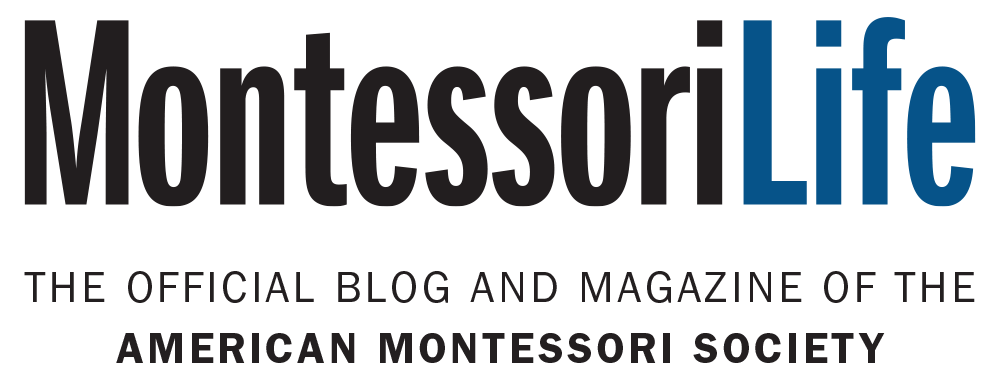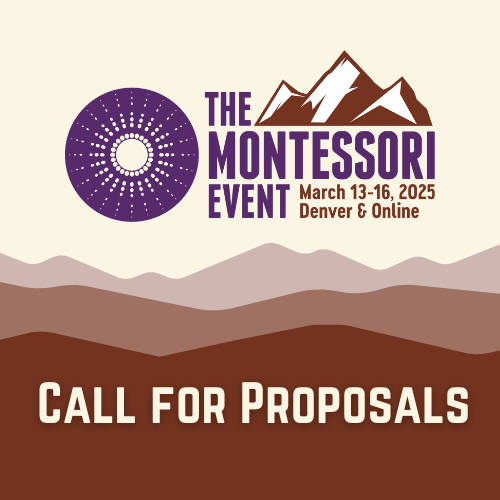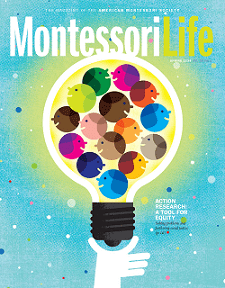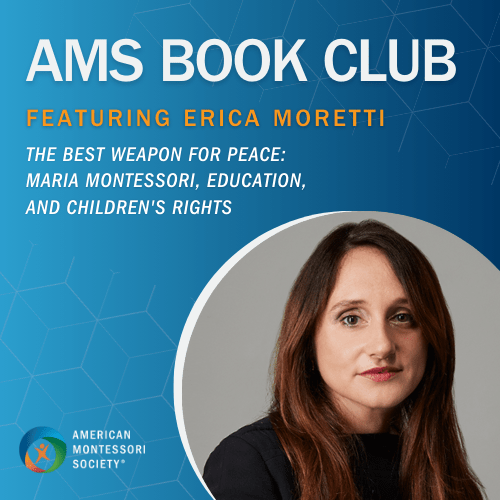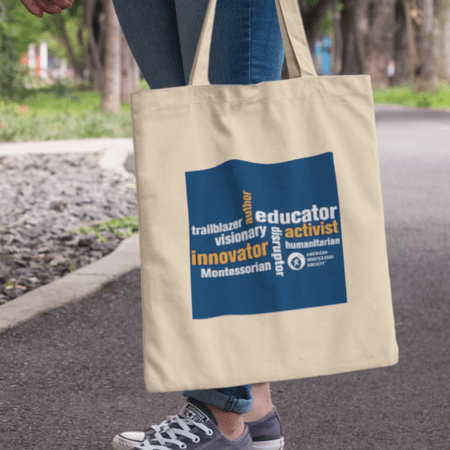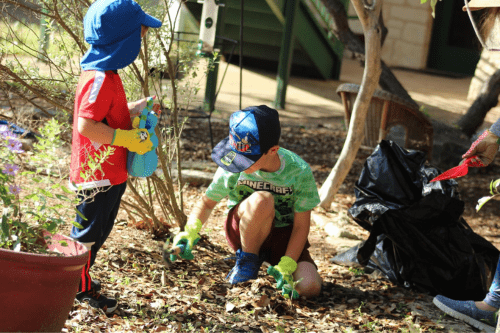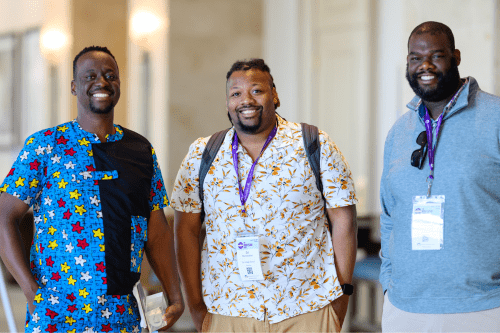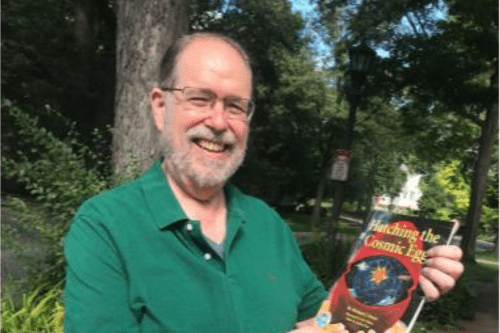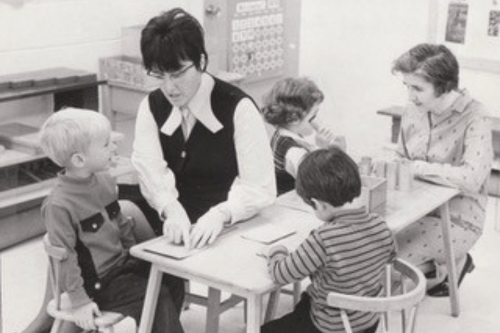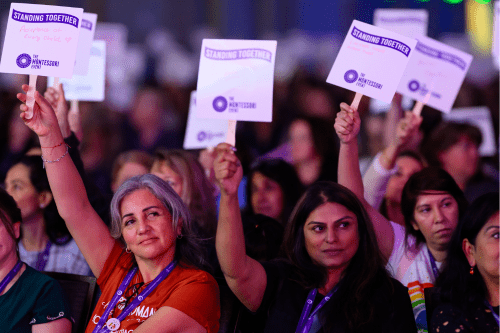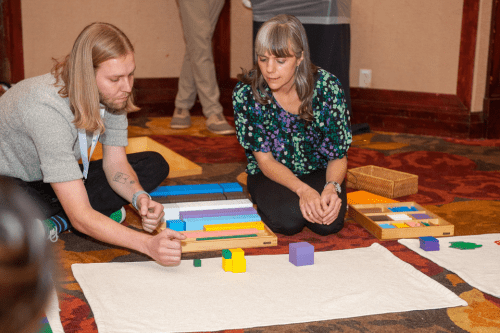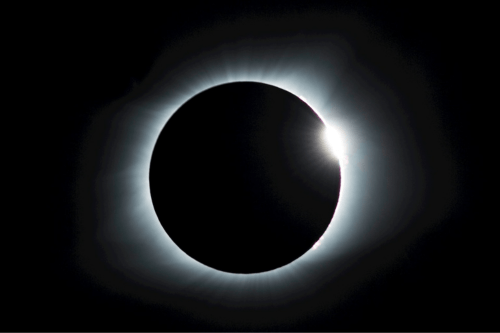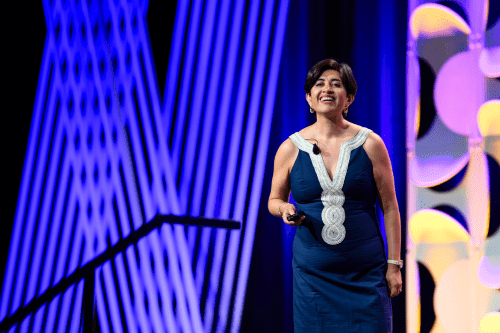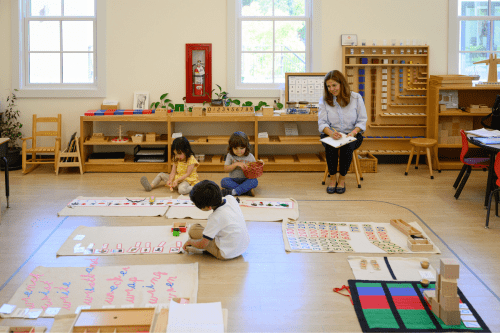Banned Books: The Most Frequently Challenged Books and Why

Book bans have been receiving a lot of attention in the news in recent months. Unfortunately, this is not a new trend. The number of challenged and banned books in schools and libraries doubled in 2021—almost 1,600 book titles were challenged or banned across the country. In general, school library collections receive the most scrutiny. These challenges persist in 2023. Book challenges are filed by parents on all sides of the political spectrum: conservative, middle of the road, and liberal. Objections to mature content (sex, drugs, alcohol), violence, sexuality, gender, race, occultism, and religious (or anti-religious) views become issues to consider.
In Tennessee, the McMinn County School Board voted that the Pulitzer-Prize winning graphic novel Maus be pulled from the curriculum due to obscenity, violence, and vulgar language. Meanwhile, To Kill a Mockingbird and The Adventures of Huckleberry Finn are often challenged or banned due to the use of racial slurs. In fact, book challenges and banning are not restricted to books for older children, but include titles for preschoolers. In state-funded preschools in Washington state a “prohibition on potentially frightening books” was discovered by parents after some teachers refused to read classic books like Where the Wild Things Are by Maurice Sendak.
Who Decides?
Books in school curricula, school libraries, and even public libraries, all undergo a series of reviews by national organizations and professional journals. These reviews help inform purchasing decisions for institutions like libraries and schools. An institutional review of books might include curriculum supervisors, teachers, or librarians who assess a book’s content, themes, reading level, and age appropriateness. Libraries might err on the side of caution and place books with slightly more mature themes into their teen or young adult section rather than their children’s or tween area. Books used in curriculum often undergo an even stricter process of review that can include department heads, principals, superintendents, and sometimes school boards. When a book is challenged by a parent or group of parents, a committee looks over the book’s reviews again, as well as any awards it has won. Ultimately, though, as many communities are finding, the political leanings of a school district decide the fate of a book, as in the case of Tennessee and Maus.
The Cost of Censorship
Book challenges for older grades are often over content that references sex, drugs, and violence. But critics of censorship point out that by banning books these parents block a safe space for children to explore empathy, develop emotional intelligence, soothe fears, understand new viewpoints, and learn about controversial moments in history. Some parents view these challenges as an opportunity. As one parent stated,
And children, especially teens, are not oblivious to what some school boards and parents are trying to keep them from reading. One teen noted,
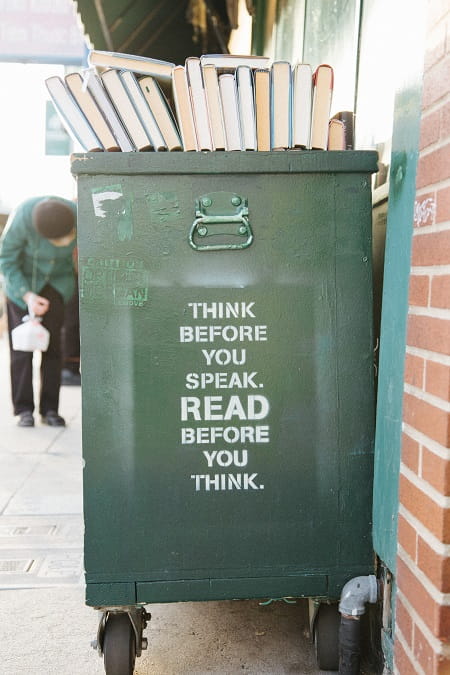
At issue is the fact that children’s emotional and academic levels vary so much that censoring a book for mature content might not be right for all children in one class or grade. In addition, not every family shares the same political or religious beliefs. Whether or not a book is offensive depends very much on political and religious ideologies. When communities are diverse, made up of people with varying beliefs, then disagreements about what is “proper” or “moral” for children will often become a source of contention. However, in a social-media infused world, parents need to ask themselves how insular they desire and believe they can or want to keep their child.
Banning books with difficult subject matter does not open the opportunity for discussion and encourage students to develop critical thinking. Challenged or banned books often offer a chance for parents to “promote open access to ideas, both of which are keys to raising a lifelong reader.” A parent’s involvement in teaching their child how to navigate the world is crucial. Parents are not only role models; they are interpreters for their children in a complex world where events are shaping the very societies their children will face as adults. Teaching children how to understand different viewpoints increases their critical thinking and empathy—skills they will most likely need more than ever in the future.
Top Twenty Banned Books (2010 – 2019)
- The Absolutely True Diary of a Part-Time Indian by Sherman Alexie
- Captain Underpants (series) by Dav Pilkey
- Thirteen Reasons Why by Jay Asher
- Looking for Alaska by John Green
- George by Alex Gino
- And Tango Makes Three by Justin Richardson and Peter Parnell
- Drama by Raina Telgemeier
- Fifty Shades of Grey by E. L. James
- Internet Girls (series) by Lauren Myracle
- The Bluest Eye by Toni Morrison
- The Kite Runner by Khaled Hosseini
- The Hunger Games by Suzanne Collins
- I Am Jazz by Jazz Jennings and Jessica Herthel
- The Perks of Being a Wallflower by Stephen Chbosky
- To Kill a Mockingbird by Harper Lee
- Bone (series) by Jeff Smith
- The Glass Castle by Jeannette Walls
- Two Boys Kissing by David Levithan
- A Day in the Life of Marlon Bundo by Jill Twiss
- Sex is a Funny Word: A Book about Bodies, Feelings, and YOU by Cory Silverberg
Sources:
- Frequently Challenged Children’s Books
- Top 10 Most Challenged Books List
- Frequently Challenged Books for Kids and Teens
Top 13 Most Challenged Books of 2022
- Gender Queer: A Memoir by Maia Kobabe
- All Boys Aren't Blue by George M. Johnson
- The Bluest Eye by Toni Morrison
- Flamer by Mike Curato
- Looking for Alaska by John Green
- The Perks of Being a Wallflower by Stephen Chbosky
- Lawn Boy by Jonathan Evison
- The Absolutely True Diary of a Part-Time Indian by Sherman Alexie
- Out of Darkness by Ashley Hope Pérez
- A Court of Mist and Fury by Sarah J. Maas
- Crank by Ellen Hopkins
- Me and Earl and the Dying Girl by Jesse Andrews
- This Book Is Gay by Juno Dawson
Source:
About the Author
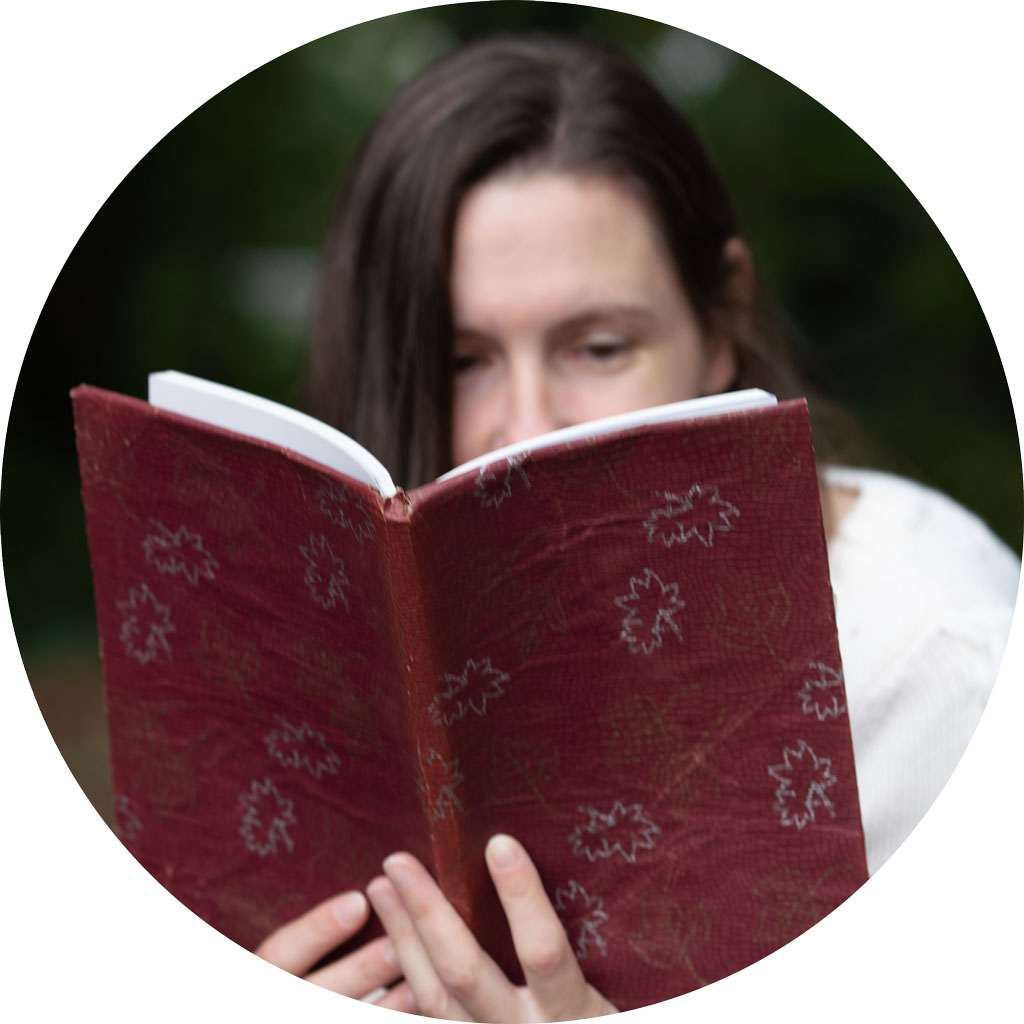 |
V. Kulikow is a former Montessori teacher and youth services librarian. She currently works as a UX designer and enjoys content creation both with words and images. On weekends you can find her gardening, taking nature photos, and working on her garden design certification through the Native Plant Trust. |
Interested in writing a guest post for our blog? Let us know!
The opinions expressed in Montessori Life are those of the authors and do not necessarily represent the position of AMS.

